When Inter Miami was knocked out of the 2024 MLS playoffs in Round 1, the soccer world stopped and took notice.
The team, packed with star players, including the legendary Lionel Messi, had underperformed in a way that left many wondering what went wrong.
While Messi’s arrival brought a lot of attention to the club, his presence alone wasn’t enough to make Inter Miami a championship contender.
In fact, the team’s early playoff exit highlighted how their approach to building the roster was flawed—especially when it came to integrating MLS veterans and adjusting to the unique demands of American soccer.
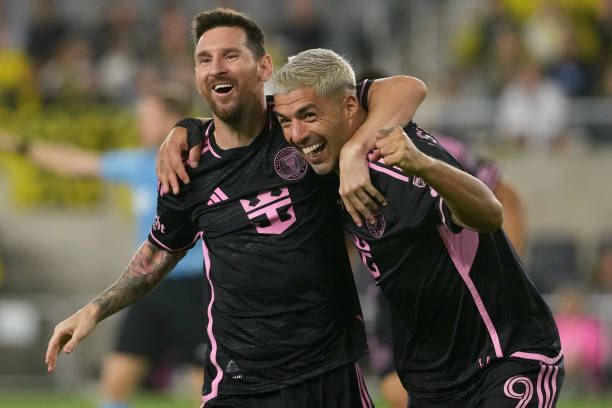
Messi’s Influence and the Problem with Relying on Big Names
Inter Miami made a splash in the 2024 offseason, signing high-profile international players like Messi’s former Barcelona teammates Luis Suarez, Jordi Alba, and Sergio Busquets.
On paper, it looked like a dream team.
However, when it came to actual results, the team’s performance didn’t live up to expectations.
Only four of the 10 new signings started in the elimination match, and among them, only three—Suarez, Federico Redondo, and Julian Gressel—made a real impact.
Suarez was great, but the rest struggled to find consistency.
One of the biggest mistakes the team made was focusing too much on bringing in players with big names but no real experience in MLS.
Players like Matias Rojas, Marcelo Weigandt, and even the promising SuperDraft picks Leo Afonso and Yannick Bright struggled to adjust to the unique challenges of MLS.
Injuries didn’t help, but it was clear that Miami’s roster lacked the balance it needed.
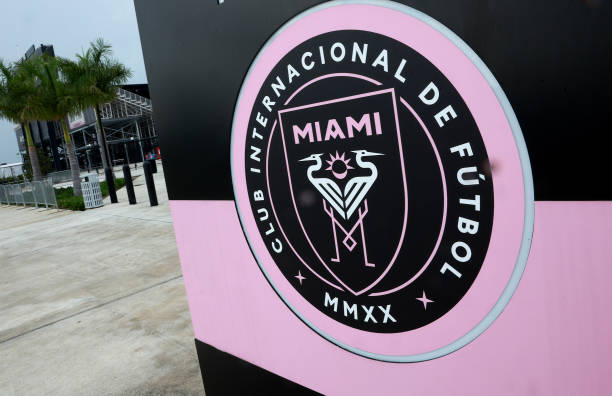
The Flaw in the Transfer Strategy
Looking back at the season, it’s easy to see that Miami`s transfer strategy was misguided.
Coach Tata Martino, who led Atlanta United to an MLS Cup in 2018, failed to recreate the recipe for success that worked so well for him in Georgia.
In 2018, Martino built a strong squad around stars like Josef Martinez and Miguel Almiron, but he also knew the importance of having a solid core of MLS veterans.
He brought in players like Darlington Nagbe, a proven MLS star, to add balance and experience to the squad.
This year, however, Martino and the Miami front office seemed more focused on foreign talent with little understanding of the MLS landscape.
The result? A lack of cohesion and a team that struggled to perform when it mattered most.
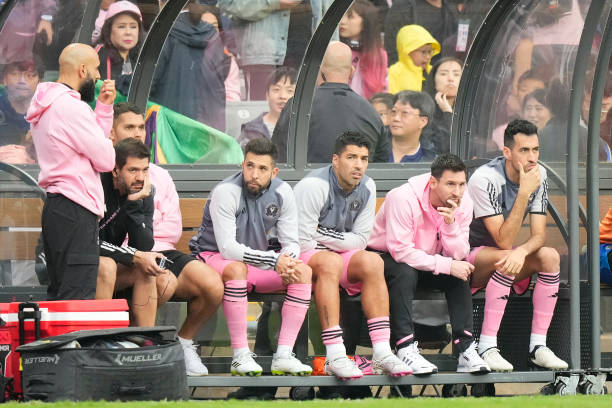
Injuries and Unfilled Expectations
Injuries also played a major role in Miami’s downfall.
Redondo, the club’s big-money signing from Argentina, was supposed to be the center of Miami’s midfield, but he struggled with injuries and never quite lived up to the hype.
He only made 16 appearances, and when he was on the field, he often looked out of place, picking up yellow cards and failing to make an impact.
Meanwhile, players like Gressel, who was expected to bring experience and versatility, found themselves misused in various roles and eventually left on the bench during the crucial playoff games.
The decision to use Gressel in multiple positions didn’t help the team’s stability, and by the end of the season, he wasn’t even a regular starter.
Other signings, like Marcelo Weigandt, failed to adjust to the physical demands of MLS.
The Argentine right-back, who was signed on loan from Boca Juniors, was often a weak link in defense, which was exploited by opponents.
His performances left many questioning whether he was the right fit for the team.
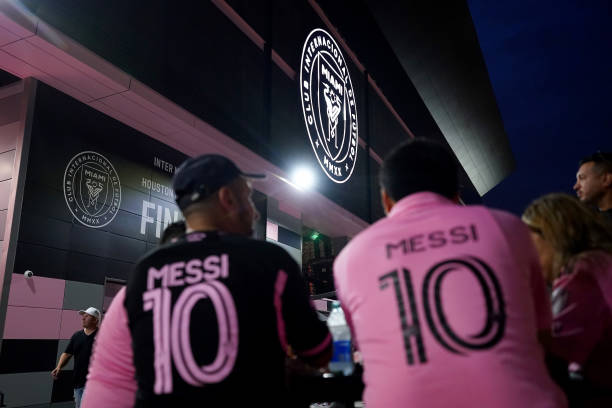
The Importance of MLS Experience
What Inter Miami really missed was the kind of experience that comes from playing in MLS.
Over the years, successful teams in the league have relied on veteran players who know the ins and outs of the competition.
Whether through solid draft picks or savvy trades for experienced MLS players, building a team with MLS veterans is a proven strategy.
Miami ignored this, and it hurt them.
For example, when the LA Galaxy won the MLS Cup in 2011, they did so by combining star power with solid MLS experience.
Players like A.J. DeLaGarza, Omar Gonzalez, and Todd Dunivant were key to the team’s defensive success.
While Beckham and Donovan were the stars, it was the well-rounded squad that carried them to the title.
Miami, on the other hand, seemed to overlook this formula, choosing to focus too much on bringing in foreign stars rather than building a complete, well-rounded team.
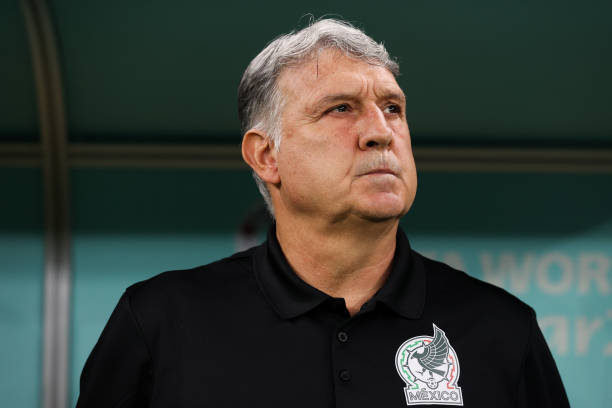
Why Didn’t Martino Learn from the Past?
What makes Miami’s approach even more puzzling is that Tata Martino had the perfect example of how to build a winning MLS team with Atlanta United in 2018.
That squad was full of talent, with stars like Josef Martinez and Miguel Almiron leading the charge, but what made the team truly special was the balance between the superstars and the MLS veterans around them.
Martino brought in Darlington Nagbe from Portland, paying a hefty price for a proven winner in the league.
Nagbe was a key part of their success, and his experience was invaluable. Why Martino didn’t apply the same logic to Miami’s roster is unclear.
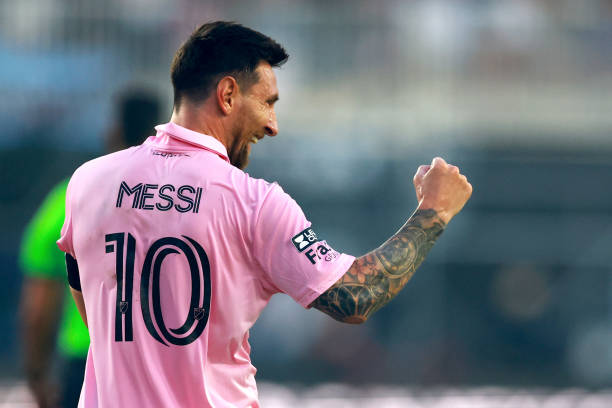
The Messi Factor: Will It Be Enough?
It’s impossible to ignore the impact Messi has had on the club.
His arrival brought worldwide attention, set records, and helped Miami claim the 2024 MLS Supporters’ Shield.
But, despite all the attention and commercial success, Messi’s influence on the field didn’t translate into a playoff run.
Miami’s failure to make a deeper playoff push raises a key question: Can Messi’s presence alone carry this team to glory?
With Messi’s contract set to end at the conclusion of next season, time is running out for Inter Miami to build a team capable of winning an MLS Cup.
The team has already qualified for the 2025 FIFA Club World Cup and the CONCACAF Champions Cup, but without a title to show for their efforts, Messi’s time in Miami will be seen as a missed opportunity.
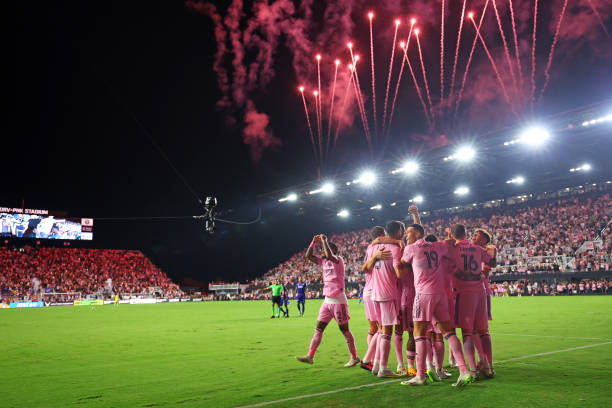
Looking Ahead: What Needs to Change
Inter Miami can still salvage their future.
There are MLS veterans like Aaron Long, Jackson Yueill, Ilie Sanchez, and Joao Paulo who are available and could add the experience the team needs to succeed.
Miami needs to be more thoughtful about their recruitment strategy next season—focusing on building a team that’s strong in all areas, not just relying on Messi and a handful of international stars.
The blueprint for success in MLS is clear: build a balanced roster with a mix of international talent and MLS veterans. If Inter Miami can make those adjustments, they still have a chance to compete for an MLS Cup.
But if they continue down the same path, the Messi experiment could ultimately end in failure.
Time is running out, and the pressure is on to get it right.

-20241127112230.jpg)
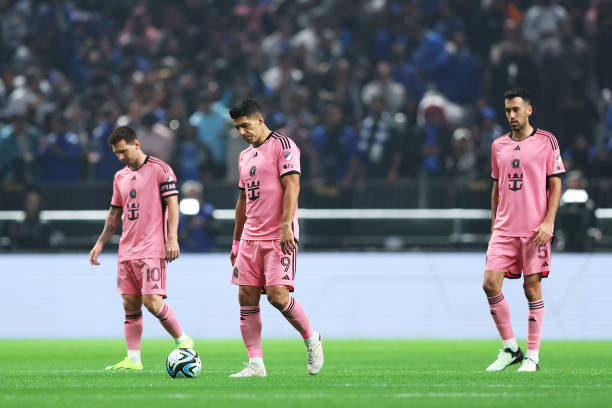

-20260225072312.webp)

-20260224075258.webp)

-20260217073221.webp)
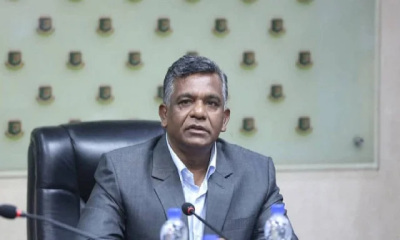




-20260226080139.webp)
















-20260219054530.webp)





-20260221022827.webp)